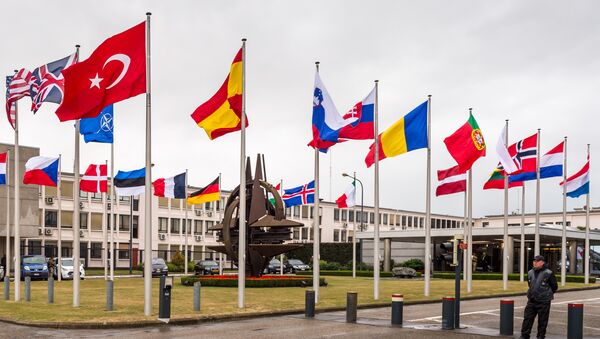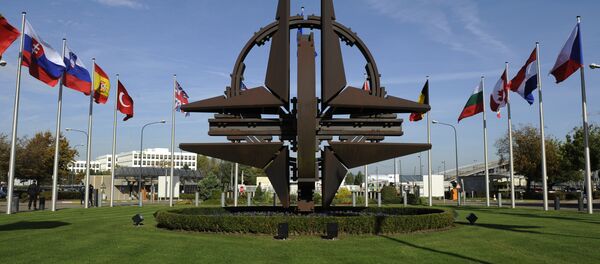MOSCOW (Sputnik) — Grushko said that the NATO-Russian founding act remained one of a few constraints precluding a new arms race and its value should not be underrated.
"The rejection of the founding act, its provisions for restraints in military sphere will be a direct invitation to a new phase of arms race. Such development could greatly destabilize the situation in Europe and it is not in the interest of the whole of Europe," Grushko told Rossiiskaya Gazeta newspaper.
The Founding Act on Mutual Relations, Cooperation and Security was signed by NATO and Russia on May 27, 1997, at a NATO summit in Paris. Under the act, the sides do not consider each other as adversaries, and seek to build "a lasting and inclusive peace in the Euro-Atlantic area" based on the principles of democracy and cooperation.



